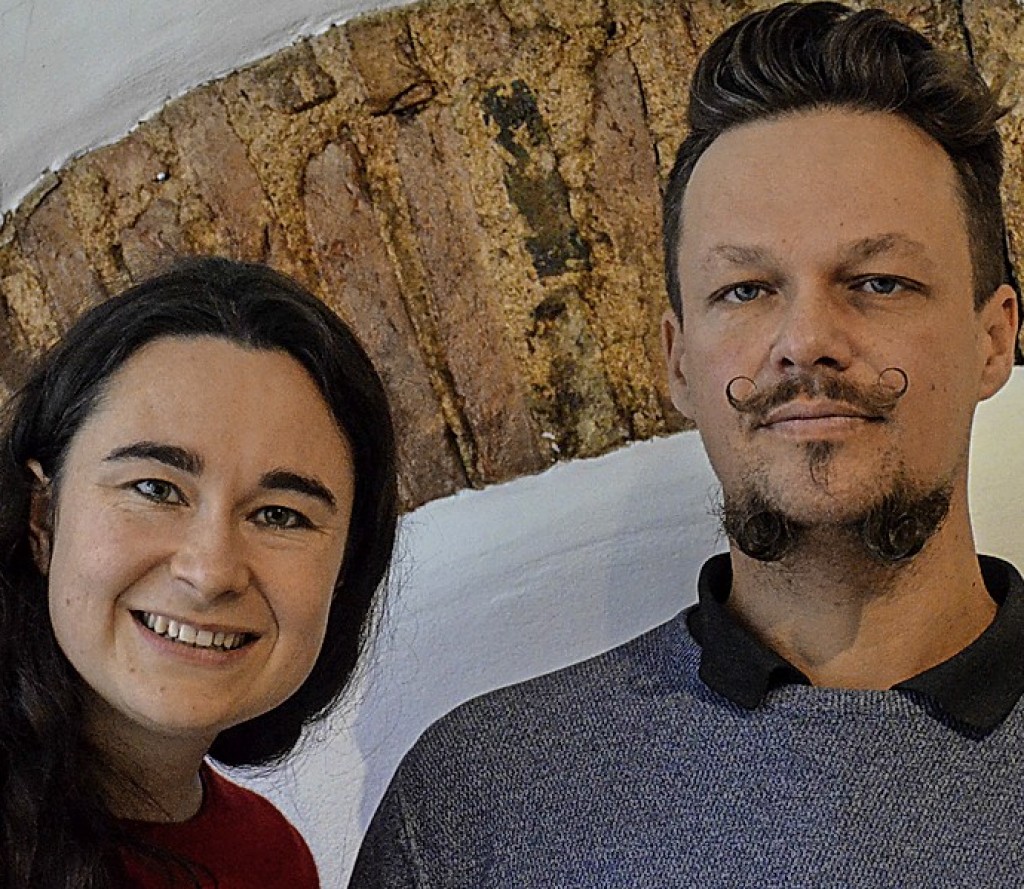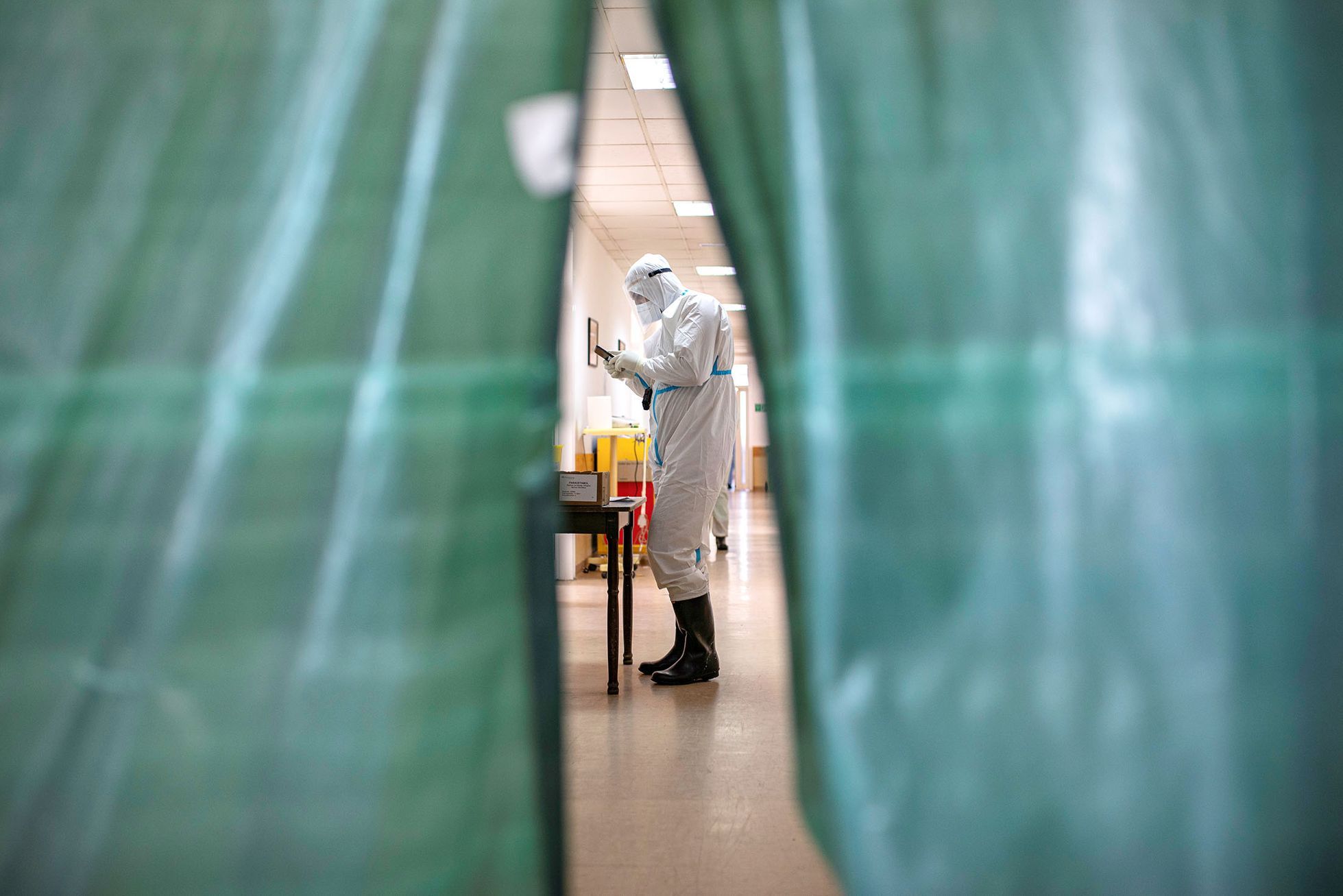BZ-INTERVIEW with Rebecca Posselt and Patrick Frei about the bespoke shoemakers in the region.
. Freiburg and the Breisgau are increasingly becoming a stronghold of bespoke shoemaking in Germany. There are four tailor-made shoemakers here, and a fifth is in the starting blocks. No wonder, then, that the fifth free bespoke shoemaker’s meeting in German-speaking countries took place in Freiburg and Staufen. Gabriele Hennicke spoke to Rebecca Posselt and Patrick Frei about the event.
BZ: You recently organized a tailor-made shoemaker’s meeting. How networked is the scene?
Free: The shoemaking trade is a dying trade. It is important to exchange ideas, beyond hierarchies such as guilds or the shoemaker’s association. Almost all of us are lone fighters or work in mini teams, which is why exchanging ideas with other colleagues is so important. Materials, for example, are often difficult to come by, so it is good when others help you.
BZ: Many believe that custom-made shoes are only for rich people. Is that so?
Free: As always, this is a matter of individual priority. When I see how much money people spend on fancy cars, the latest smartphone or expensive hobbies, I wonder why they are satisfied with shoes made from poor materials that are manufactured abroad. A good shoe that fits properly is the basis for healthy walking, a healthy spine. The whole body eventually builds up from the feet.
Posselt: Properly cared for bespoke shoes are very durable. A robust men’s shoe can last 15 to 20 years. We also make feather-light women’s shoes for special occasions, a very individual shoe for that special occasion and for precisely this customer. A shoe like this, which is seldom worn, will last a lifetime.
BZ: Who are your customers?
Posselt: My customers live here in the region. They are people who have special feet, for example especially small ones. Last week there were three women with shoe size 34. And these are people who finally fulfill their wish to own bespoke shoes and have saved up on them.
Free: My clientele comes from all over Germany and from all over the world. I am known in the international shoe lover scene with my style that borders on perfectionism.
BZ: What materials do you use to make the shoes?
Posselt: A classic shoe consists entirely of mostly vegetable-tanned leather. But there is also an increasing demand for alternatives to leather. Unfortunately, I have not yet found any material that would satisfactorily meet our requirements. Real leather has so many great properties: it retains its shape, is water-repellent, breathable, heat-retaining and biodegradable.
BZ: Do you also train?
Free: The demand for training positions is relatively high. There are not many training positions. I get around 30 inquiries every year. I tend to work with apprentices who continue their education. And I lead shoemaking courses, there is a lot of interest, even from laypeople. As a bespoke shoemaker, by the way, I combine four originally independent professions: that of last tailor, stock maker, modeller and shoemaker.
Posselt: I searched for a long time until I finally found an apprenticeship at the opera in Hanover. Last year I made the master, next year my co-worker will make the master. After that, I can well imagine training myself.
Patrick Frei (38) has had his workshop in the Gewerbehof, Ferdinand-Weiss-Straße 9-11 in Freiburg for twelve years. In 2018 he became world champion of bespoke shoemakers in London; http://www.freischuhe.de
–
–

